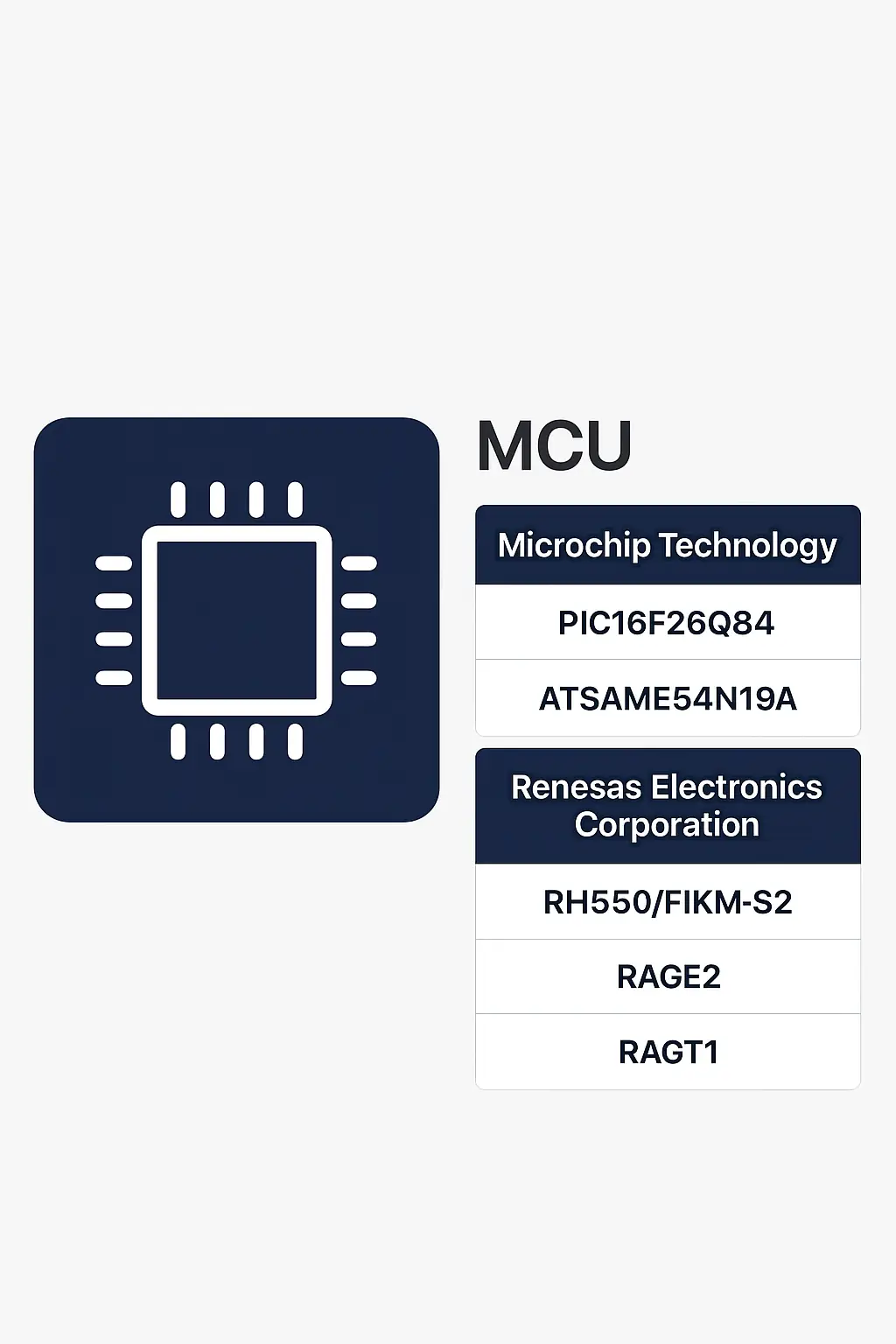MCU
The MCU (Microcontroller Unit) is a critical component in modern Automotive Electronics, particularly within Electrification & Battery Systems and Charging Infrastructure. As a compact, integrated system containing a processor, memory, and input/output peripherals, the MCU serves as the brain of various automotive functions, enabling efficient control and communication between different system modules.
In electrified vehicles, MCUs play a vital role in managing battery systems, power distribution, and energy efficiency. They monitor battery status, regulate charging processes, and ensure safe operation of electric drivetrains. In charging infrastructure, MCUs are used to control and manage the flow of electricity during vehicle charging, ensuring compatibility, safety, and optimal performance across different charging standards.
These units are also essential in vehicle control systems, such as engine management, climate control, and driver assistance features. Their ability to process real-time data and execute precise commands makes them indispensable in modern automotive applications.
Designed for high reliability and durability, MCUs are built to withstand harsh environmental conditions found in automotive settings. They support advanced communication protocols, allowing seamless integration with other vehicle systems and external networks.
Overall, the MCU is a key enabler of smart, efficient, and safe automotive electronics, supporting the transition toward electrified and connected vehicles. Its application spans from battery management to charging solutions, making it a fundamental element in the future of automotive technology.
Details
MCU

Related Parts
| Series Name | Description | Manufacturer Name | Attribute Description |
|---|---|---|---|
| Microchip Technology | 16-bit CPU, 64KB Flash, 3.3-5.5V operation, 20MHz internal oscillator, 28-pin package, supports I²C, SPI, UART, 10-bit ADC, up to 20 MIPS, nanoWatt XLP technology for low power. | ||
| Microchip Technology | 32-bit ARM Cortex-M4F core, 120 MHz, 1024 KB Flash, 256 KB RAM, 144-pin TQFP, operates at 1.62V to 3.6V, supports multiple communication interfaces including USB, CAN, I2C, SPI, UART. | ||
| Microchip Technology | Capacitive touchscreen controller with multi-touch support, up to 10-point detection, I²C interface, supports gesture recognition, low power consumption, wide voltage operation (2.6V to 3.6V), built-in noise suppression. | ||
| Microchip Technology | 8M-bit (1M x 8) Serial Quad I/O Flash, 3V, 104MHz, 256-byte page, 4KB/32KB/64KB erase, SPI/QPI, 8-pin SOIC/TSSOP, embedded security, high reliability. | ||
| Renesas Electronics Corporation | 32-bit MCU, 240 MHz CPU, up to 4 MB Flash, 512 KB RAM, 12-channel DMA, Ethernet, CAN-FD, LIN, SPI, I2C, 12-bit ADC, temp range -40°C to 125°C, 176-pin LQFP/BGA package. | ||
| Renesas Electronics Corporation | 32-bit ARM Cortex-M4 core, 200 MHz, 2 MB Flash, 640 KB SRAM, rich analog & connectivity (USB, CAN, Ethernet), 144-pin LQFP package | ||
| Renesas Electronics Corporation | 32-bit ARM Cortex-M23 MCU, 48 MHz, 64 KB Flash, 16 KB SRAM, 12-bit ADC, UART, I2C, SPI, up to 40 GPIOs, 1.62V to 5.5V operation, 64-pin package | ||
| Renesas Electronics Corporation | 8Mb SPI Flash memory, 1.65-3.6V supply, up to 104MHz clock, supports standard/quad SPI, 256-byte page write, 4KB/32KB/64KB erase, deep power-down mode, JEDEC ID support. | ||
| Renesas Electronics Corporation | 32-bit ARM Cortex-M33 core, 48 MHz, 256 KB flash, 64 KB SRAM, 12-bit ADC, multiple timers, UART, SPI, I2C, USB, CAN, low-power modes, operating voltage 1.62–5.5 V, 64-pin package. | ||
| Renesas Electronics Corporation | 32-bit ARM Cortex-M4 core, 200 MHz, 2 MB Flash, 640 KB SRAM, USB, CAN, Ethernet, SPI, I2C, UART, 12-bit ADC, 144-pin LQFP, operating up to 125°C. |








.png?x-oss-process=image/format,webp/resize,h_32)










